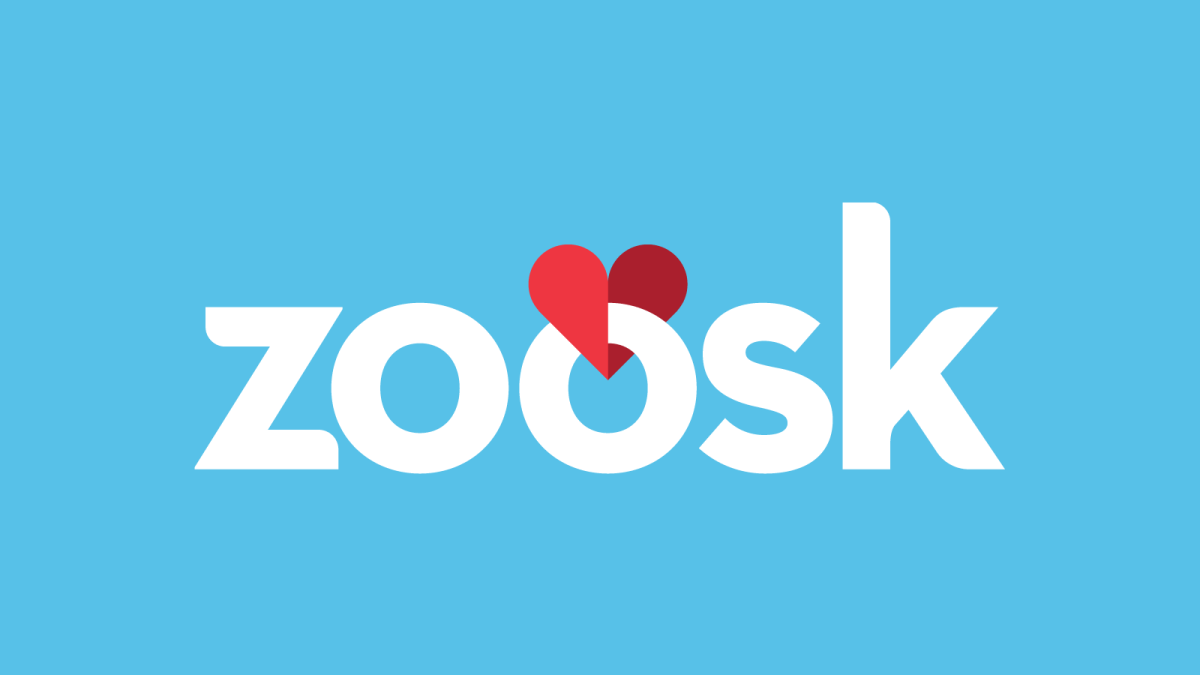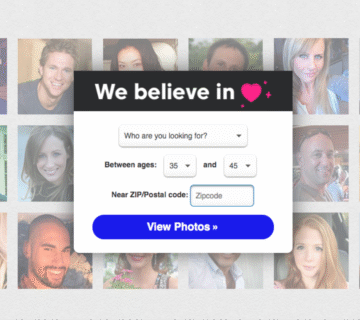Zoosk Location Tracking, Location-based features are essential for modern dating apps—but they also raise privacy questions for users who value their safety and personal data. If you’re wondering, “Does Zoosk track your location?” and what that means for your privacy in 2025.
How Zoosk Tracks Your Location
Yes, Zoosk tracks your approximate location as a core feature of its matchmaking process. The app (and website) collects your location in several ways:
-
During Signup: You provide your city or ZIP/postal code, which Zoosk uses to seed your first match results.
-
Automatic Detection: When you use the Zoosk mobile app, your current location can be determined via your device’s GPS, IP address, or Wi-Fi network. This helps the app connect you with local singles.
-
Real-time Updates: If you change cities, Zoosk may ask you to update your location or automatically refresh it using your device data (with your permission). You can also manually change your location for travel or relocation purposes within the app or on the web.
Location Display and Precision
-
Approximate, Not Exact: Zoosk never shows your precise address or “blue dot on a map.” Instead, it displays your city, general area, or sometimes a rough estimate of your distance from other users.
-
Proximity Matching: The app lets people know how far away you are (via miles/kilometers), but does not show directions or your exact whereabouts.
-
Manual Entry: If you have privacy concerns, you may enter a nearby city rather than your true one, though this may affect match quality.
Can You Control Location Sharing?
Yes, but with limitations:
-
On the app, you can grant location permission “Always,” “While using,” or “Never.” For best privacy, choose “While using the app.”
-
You can always update your city or ZIP code manually in your profile settings.
-
Some users utilize GPS “spoofers” or privacy tools to fake or shield their location for additional control.
Important:
Without access to at least some basic location data, Zoosk’s match algorithm won’t work as intended, since it bases recommendations on proximity.
Privacy Policy: What Data Does Zoosk Collect?
Zoosk collects a broad range of data, including:
-
City, region, and rough coordinates (for matches and safety);
-
Device information and IP;
-
Details from your photo metadata (if uploaded with embedded location);
-
App usage, interactions, and sometimes even other installed apps.
Zoosk Location Tracking, They can also infer data from third-party sources, including social media and ad networks. If you use social login (Google/Facebook), extra location data may be shared, depending on those platforms’ privacy settings.
Location Sharing Concerns and Security Risks
-
Potential Exposure: Like all dating apps, Zoosk’s proximity features can be exploited if not properly secured. Researchers have shown that with effort, attackers might use distance data and triangulation to narrow down a user’s exact whereabouts on some apps.
-
Public Wi-Fi and Tracking: Using Zoosk over public Wi-Fi can pose risks by exposing your true location or session to potential attackers.
-
Third-Party Data Sharing: Zoosk sometimes partners with other companies for features like “Zoosk Live.” If you use these, your location and other personal details might also be shared with those services (per Zoosk’s privacy policy).
Keeping Your Location Private: Actionable Tips
-
Limit app permissions: Only allow Zoosk location access “while using the app,” not all the time.
-
Manual location update: Consider using a general city, or one nearby for added privacy, without disabling relevant matches.
-
Avoid public Wi-Fi when using the app.
-
Review third-party permissions: Don’t connect your Zoosk to social logins unless necessary.
-
Regularly update privacy settings: Turn off tracking, ad personalization, and non-essential data collection wherever possible within both Zoosk and your device settings.
-
Photo metadata caution: Remove location data from your photos before uploading.
Can You Be Tracked by Other Zoosk Users?
No, Zoosk does not expose your personal location to other users. Your city and distance from someone may be visible, but your street address or map location is never shared. However, tech-savvy individuals may attempt to estimate your location using distance data, so added caution is always advised.
What Happens If You Stop Sharing Location?
-
Matches may become less relevant, broader, or farther away.
-
You may lose the benefit of real-time local discovery features.
-
Your experience may be more limited, especially if you are traveling or living outside densely populated areas.
Online Dating Privacy
To learn more about location safety and privacy on dating platforms, consult the U.S. Federal Trade Commission’s official guide:
FTC Consumer Information – Online Dating Scams
This resource is the gold standard for data safety and scam prevention when dating online.
Read More: What Happened to Zoosk Dating in 2025? Updates, Reviews & Future
Conclusion
Zoosk Location Tracking, Yes, Zoosk does track and use your approximate location to enhance the search and matching process—but you do have limited control over how much is shared and when. For optimal privacy, always adjust your location settings, avoid unnecessary third-party connections, and educate yourself on safety best practices. With smart usage, Zoosk’s location features can help you meet local singles while still keeping your most sensitive information protected.





[…] Read More: Zoosk Location Tracking Explained: How It Works & How to Control It (2025) […]